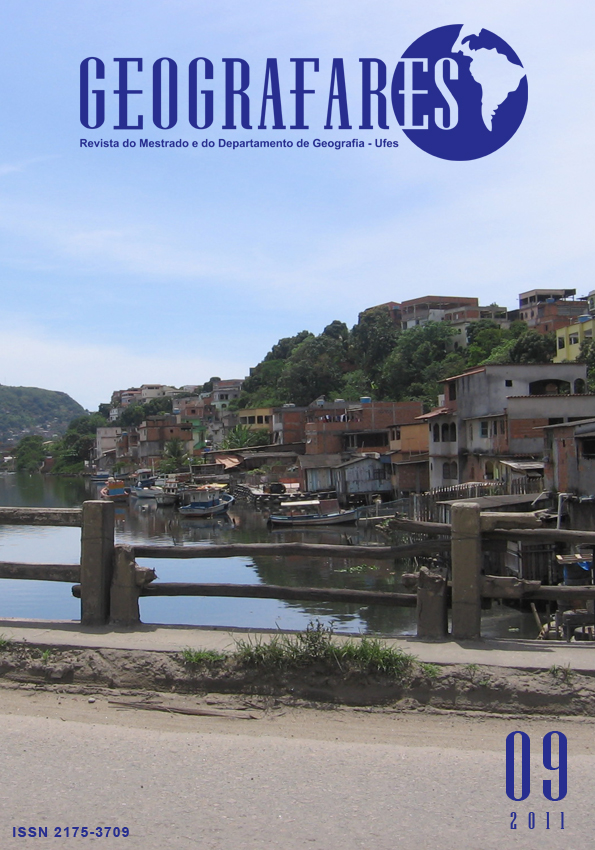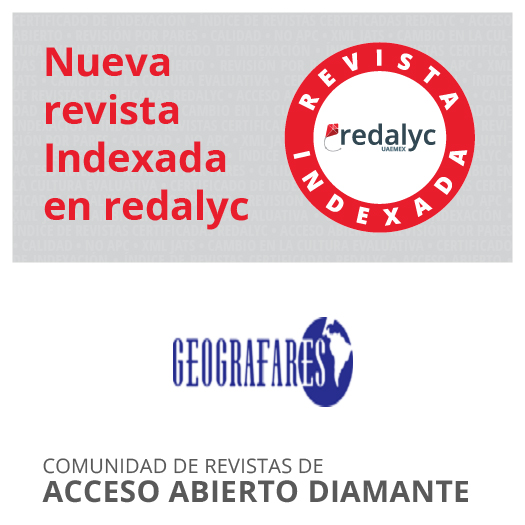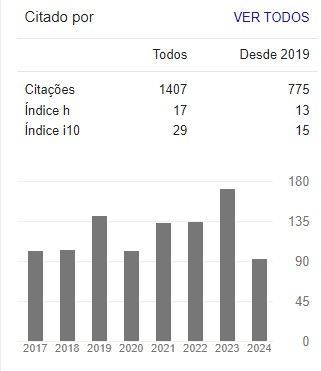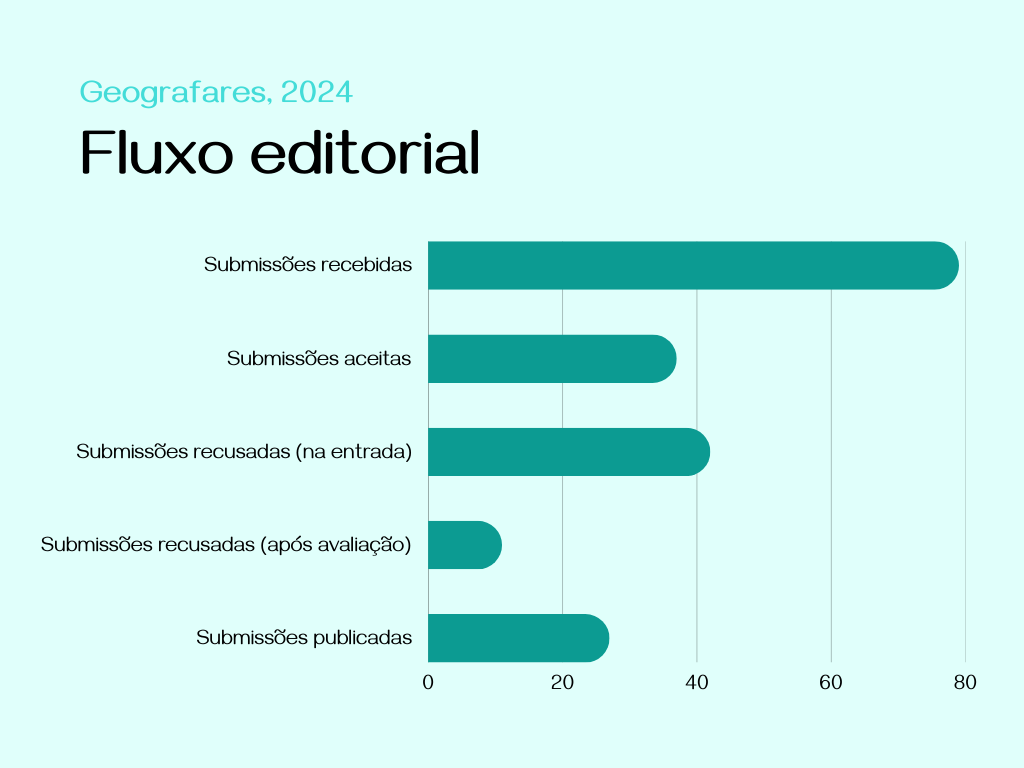De cidade à metropole
DOI:
https://doi.org/10.7147/GEO9.1307Abstract
Nesta formulação está implícito um movimento de raciocínio que vai da cidade à metrópole, porque tanto uma como outra assumem formas histórico-geográficas que correspondem a esta formação social. Nesse plano a questão é de verificar como as mudanças no modo de produção repercutiram na forma urbana, à medida que a formação econômica e social capitalista penetrava os poros da sociedade, provocando enorme diversificação e concentração espacial de atividades (indústria e comércio) e de riqueza. A cidade sujeitada a um enorme crescimento, que na prática era um enorme dilaceramento, será vivenciada com grandes transformações. Por isso será necessário compreender, de um ponto de vista lógico-teórico, as mudanças qualitativas dos modos de vida.
From the city to the metropolis
Abstract
The city is a transhistorical formation, while the metropolis isn’t. The constitution of the contemporary metropolis has occurred through the dissolution of previous city and suburban formations. In its materiality, the metropolis is the most complex synthesis of the space-time nexus because, as it emerged, time has acquired a social foundation ordered by the logic of capitalist reproduction, which has brought about an intensification of the division of labor and the expansion of the exchange economy. Thus the separations that give rise to socio-spatial segregation are inherent elements in this process. The key argument here is that it is possible to analytically study the metropolis, in its process of formation, from the point of view of the selected object of study, supposedly related to the metamorphosis of the city over history. In methodological terms, following in Henri Lefebvre’s footsteps, it is about making use of genetic regression and analytic progression, thus mobilizing the categories suitable for defining the chosen problem.
DOI: 10.7147/GEO9.1307
Downloads
Downloads
Published
How to Cite
Issue
Section
License
Copyrights Declaration
Authors who publish in the journal agree with the following terms:
- Authors will keep their copyrights and grant the journal the right to their first publishing, simultaneously licenced under Creative Commons Attribution License which allows sharing their work with authorship recognition and initial release through this journal.
- Authors may sign additional contracts separately diffusing a non-exclusively version of the paper published in this journal (i.g. publishing in institutional repository or as a book chapter), once citing the authorship and initial release through this journal.
- Authors are encouraged to publicize and diffuse their paper online, for example onto institutional repositories or on their personal websites.




























